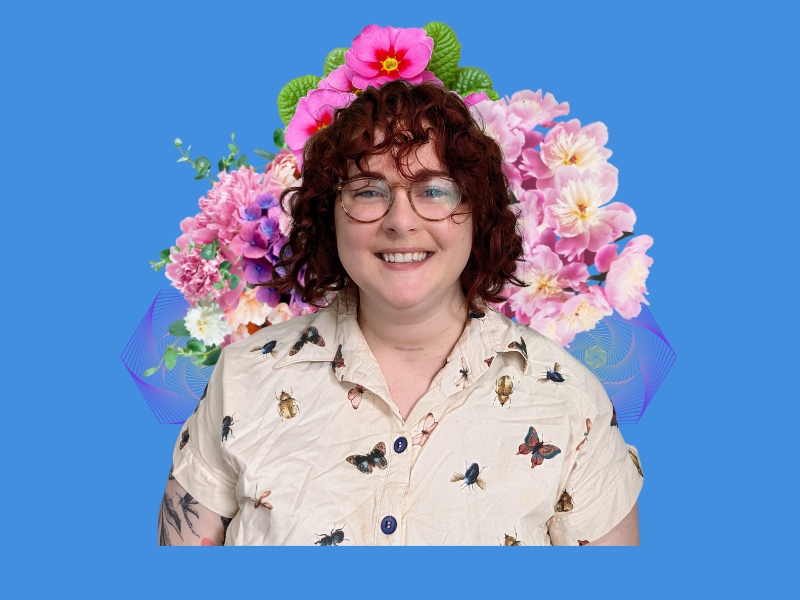Newcomb Scholars Alumnae Spotlight: Nina Baumgartner (SSE ’16, Ph.D. ’21)

03/17/2023
Postdoctoral Fellow, Department of Psychiatry and Behavioral Neurobiology, University of Alabama at Birmingham School of Medicine
SSE ’16, Ph.D. ’21
She/Her
It is impossible to be bored as a neuroscientist. Nina Baumgartner would know, especially as a Postdoctoral Fellow at the University of Alabama at Birmingham School of Medicine.
“It’s a wonderful combination of challenging hands-on lab work coupled with lots of time thinking and writing about some of the most complex questions regarding the brain and behavior,” remarked Baumgartner.
Studying both Neuroscience and Gender & Sexuality Studies as an undergraduate at Tulane helped shape Baumgartner’s academic and professional journey. It was then that she discovered the field of neuroendocrinology, the study of how hormones impact the brain.
“I first joined Dr. Jill Daniel’s neuroendocrinology lab at Tulane as an undergraduate and absolutely fell in love with research,” explained Baumgartner. “After completing an honors thesis in Dr. Daniel’s lab, I stayed to pursue my PhD with her studying models of postmenopausal estrogen therapy and cognition. Following completion of my PhD, I joined the lab of Dr. Beth Lucas at UAB studying the role of ovarian hormone fluctuations in mediating sex differences in emotional memory processing.”
Baumgartner was introduced to Dr. Daniel through the Newcomb Scholars Program, during which Baumgartner interviewed her as part of her second-year seminar.
“The Newcomb Scholars program helped spark my passion for research, and I received a Newcomb Research Grant to fund my senior honors thesis project,” reflected Baumgartner. She also worked as a Newcomb Sexual Violence Prevention and Education Intern.
As Baumgartner’s light continues to shine bright in the world of academia, she looks forward to solving more of the mysteries of the brain.
“In ten years, I hope to be running my own neuroendocrinology lab as a faculty member at a research university.”
